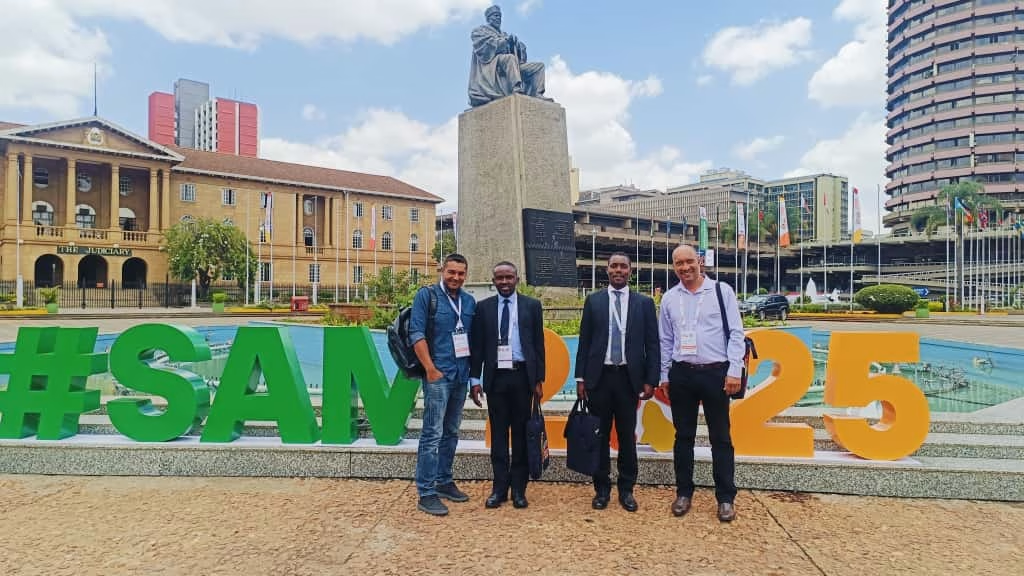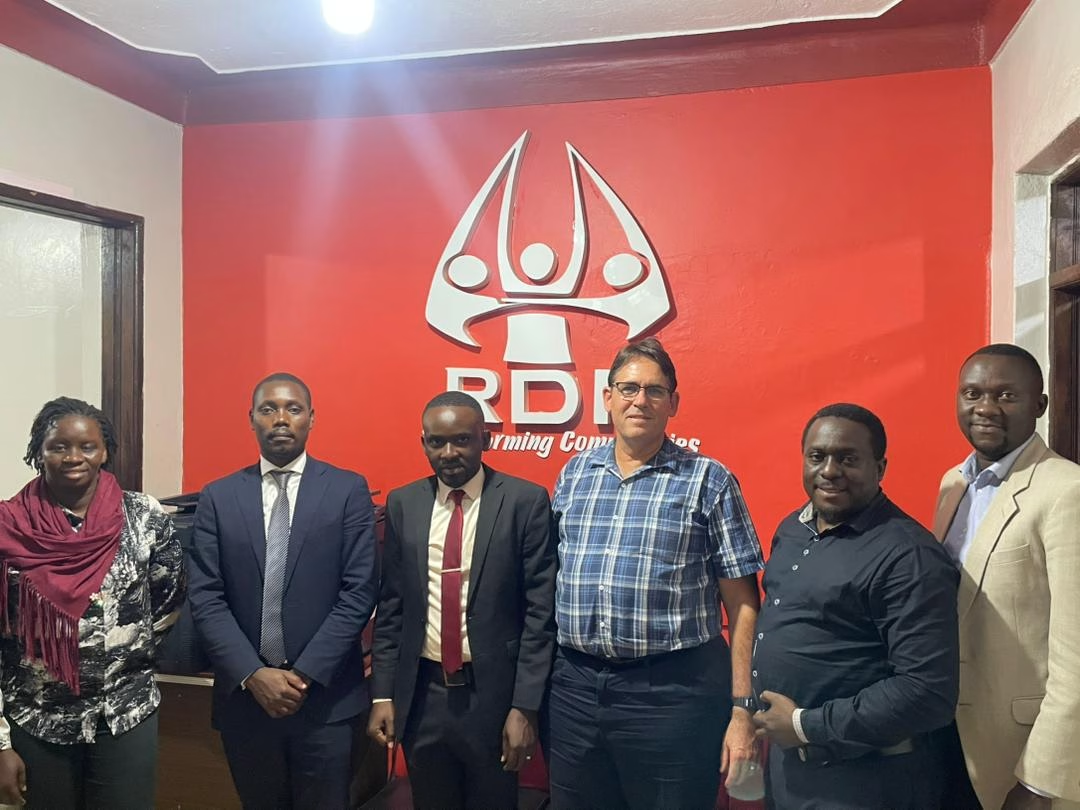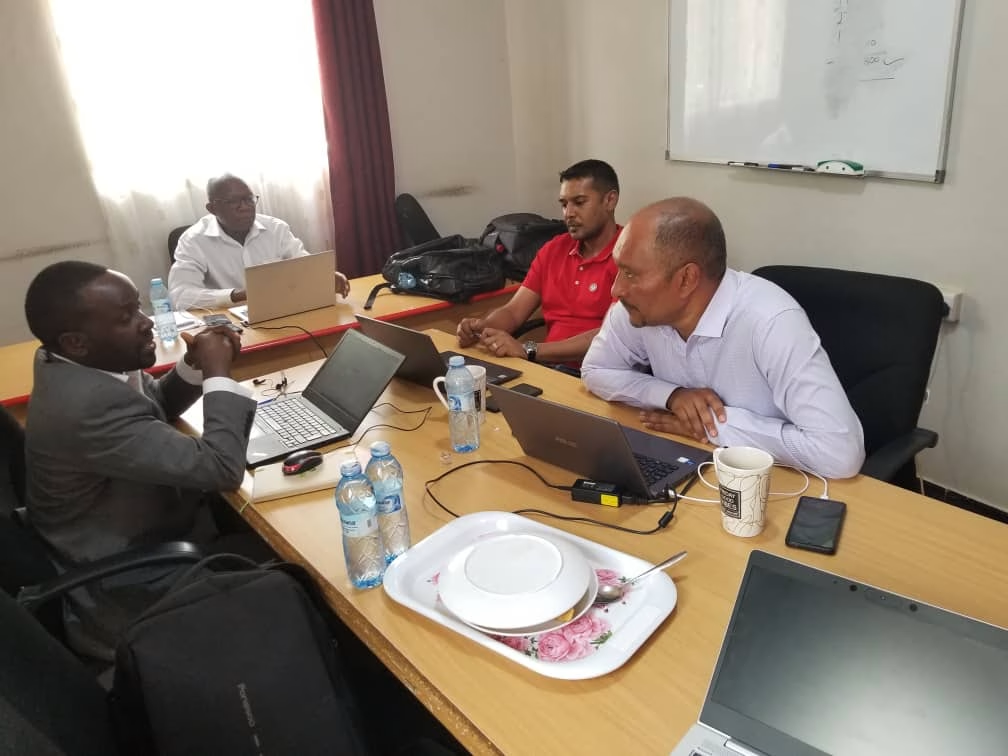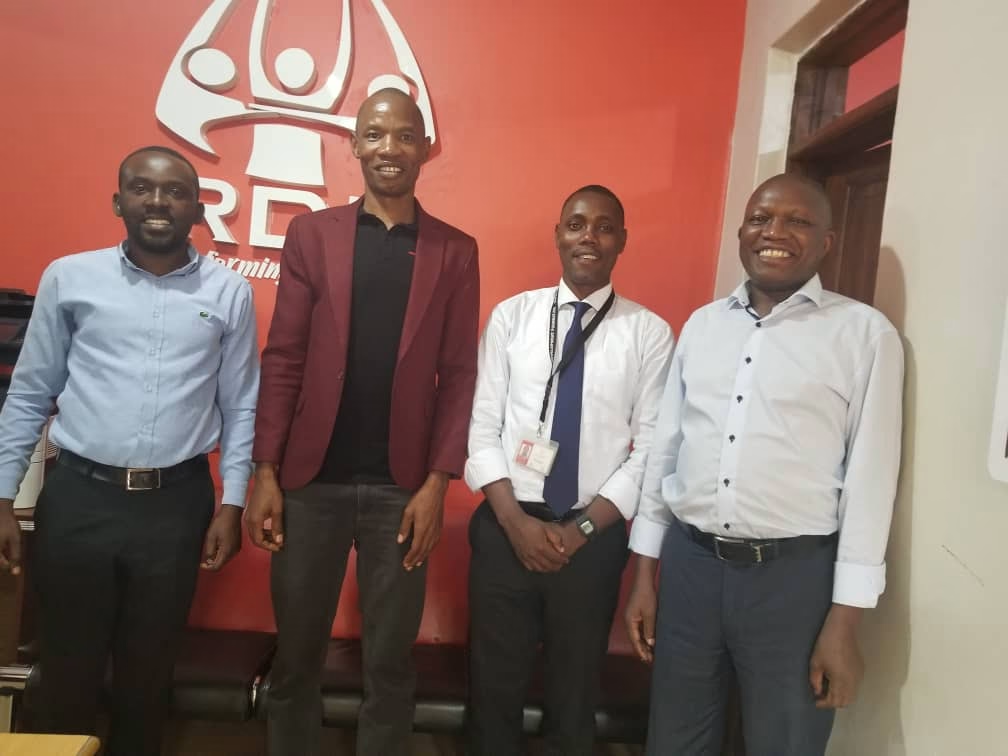The Challenge, Rural Uganda’s Struggle
Across Uganda, over 70% of the population lives in rural areas, relying primarily on subsistence farming. Many farmers face unpredictable weather, limited access to quality seeds and equipment, and minimal financial resources. Without support, these communities often remain trapped in cycles of poverty and low productivity.
The Rural Development Foundation (RDF) is addressing these challenges with a holistic approach that combines financial access, education, and community-led development. RDF empowers rural communities not only to survive but to thrive economically and socially.
Bridging the Financial Gap, Affordable, Agriculture-Friendly Credit
One of RDF’s core missions is providing flexible, low-interest loans tailored to the seasonal nature of farming. Unlike conventional banks, which often impose rigid repayment schedules, RDF loans are designed around farmers’ cash flow, allowing them to invest in seeds, tools, and small businesses without undue financial stress.
Beyond lending, RDF emphasizes financial literacy. Farmers learn to manage funds effectively, plan investments, and adopt sustainable practices that maximize yield. This combination of capital and knowledge enables rural households to increase productivity, improve income, and break cycles of poverty.
Fact: Studies show that farmers with access to affordable credit are 40–60% more likely to adopt modern farming practices, increasing crop yields and income stability.
Beyond Loans, Holistic Community Empowerment
RDF’s programs extend well beyond financial support. Education initiatives provide children with access to quality schooling, while adult training programs teach modern farming techniques, entrepreneurship, and basic health practices. Health support ensures families stay productive and reduces preventable illnesses that often disrupt livelihoods.
RDF also promotes income diversification. Programs in poultry farming, small-scale trading, and artisan projects provide additional revenue streams, creating resilience against crop failures or market fluctuations.
What sets RDF apart is its community-led development approach. Programs are co-created with local leaders and community members, ensuring relevance, ownership, and sustainable impact.
A Story of Transformation, From Struggle to Success

Amina, a smallholder farmer in Masaka, exemplifies RDF’s impact. Before RDF, Amina struggled with low yields and lacked knowledge of modern farming practices. Through RDF, she accessed a low-interest loan, received mentoring on crop management, and participated in financial literacy training.
Results:
- Her maize and vegetable yields more than doubled.
- She started a small poultry business, providing steady supplementary income.
- Her children now attend school regularly, with access to books and learning resources.
Amina’s story illustrates how RDF’s programs transform not just individual lives but entire communities, creating a ripple effect of growth and opportunity.
The Road Ahead, Scaling Sustainable Development
RDF continues to bridge financial gaps and foster comprehensive rural development. With scalable programs and strategic partnerships, more Ugandan communities can achieve sustainable prosperity, improving food security, education, and health outcomes across the country.
Apply for RDF support programs today or learn how your community can benefit. Together, we can empower rural Uganda to grow, thrive, and build a brighter future.







